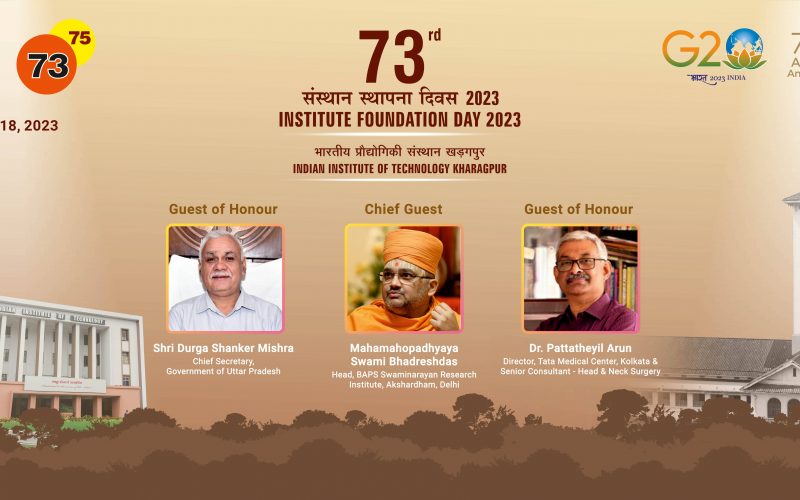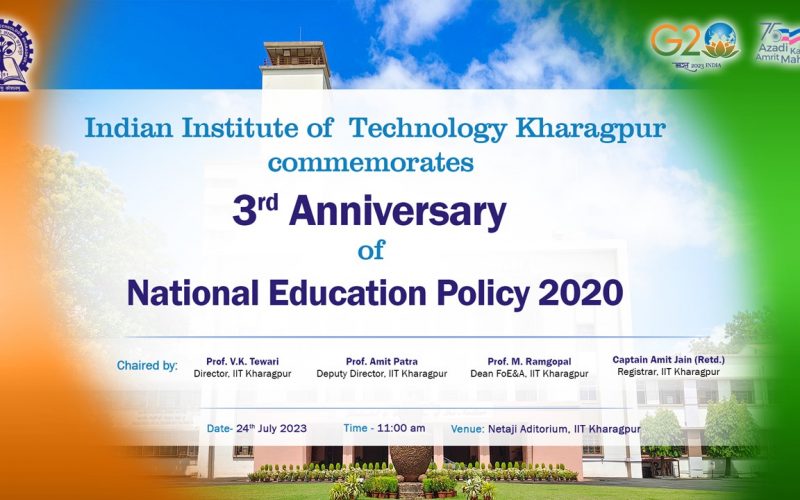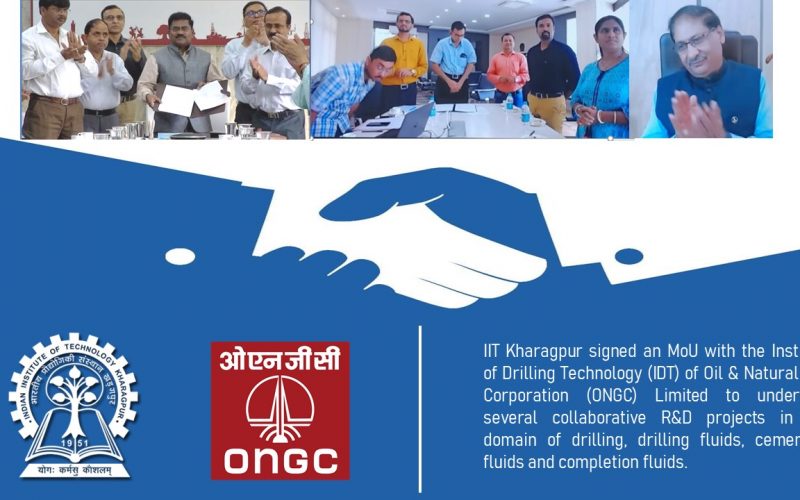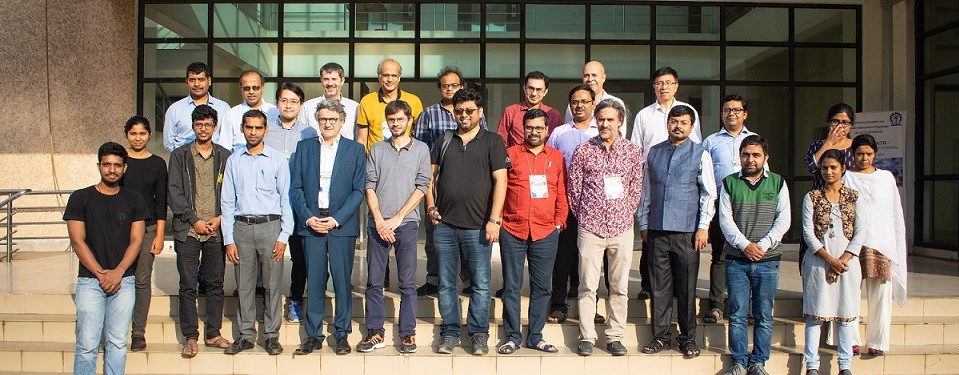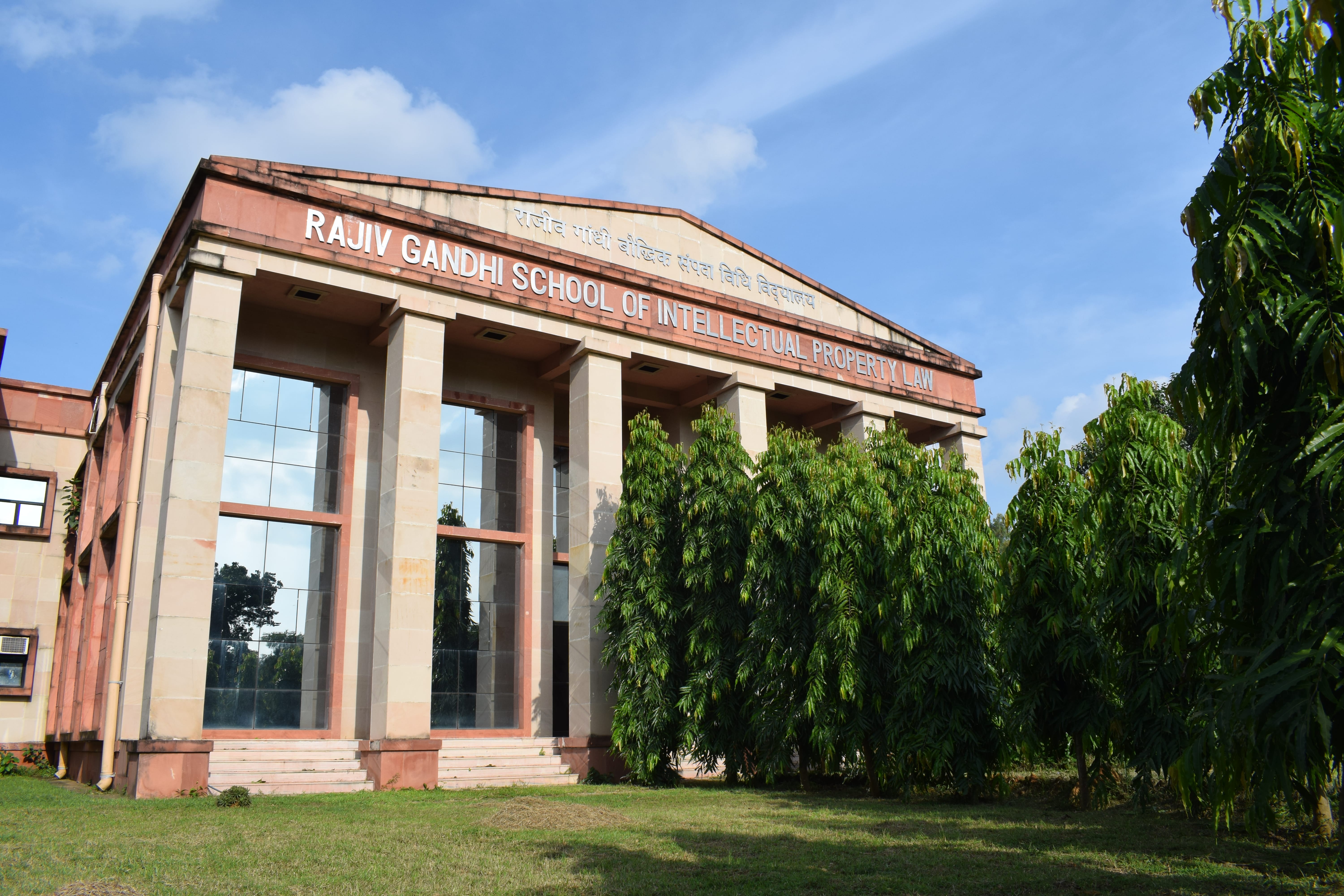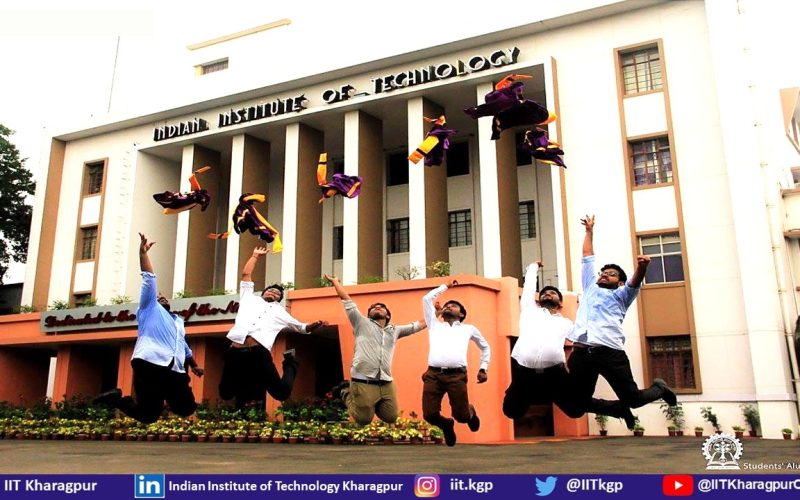
IIT Kharagpur sets new benchmark with 1800+ Offers in 2024-25 Placements
IIT Kharagpur has once again reinforced its legacy of academic and professional excellence by achieving a major milestone in the 2024-25 placement season. Despite a challenging global employment landscape, the Institute has recorded over 1,800 job offers, including 409 Pre-Placement Offers (PPOs) and 25 international offers, underscoring its growing appeal among top global recruiters. The placement season kicked off with remarkable momentum, amassing more than 800 offers within the first two days. By Day 3, the institute reached 1,000-offer mark, showcasing the robust demand for IIT Kharagpur’s talent across diverse industries. This season also witnessed nine students receiving offers exceeding…

